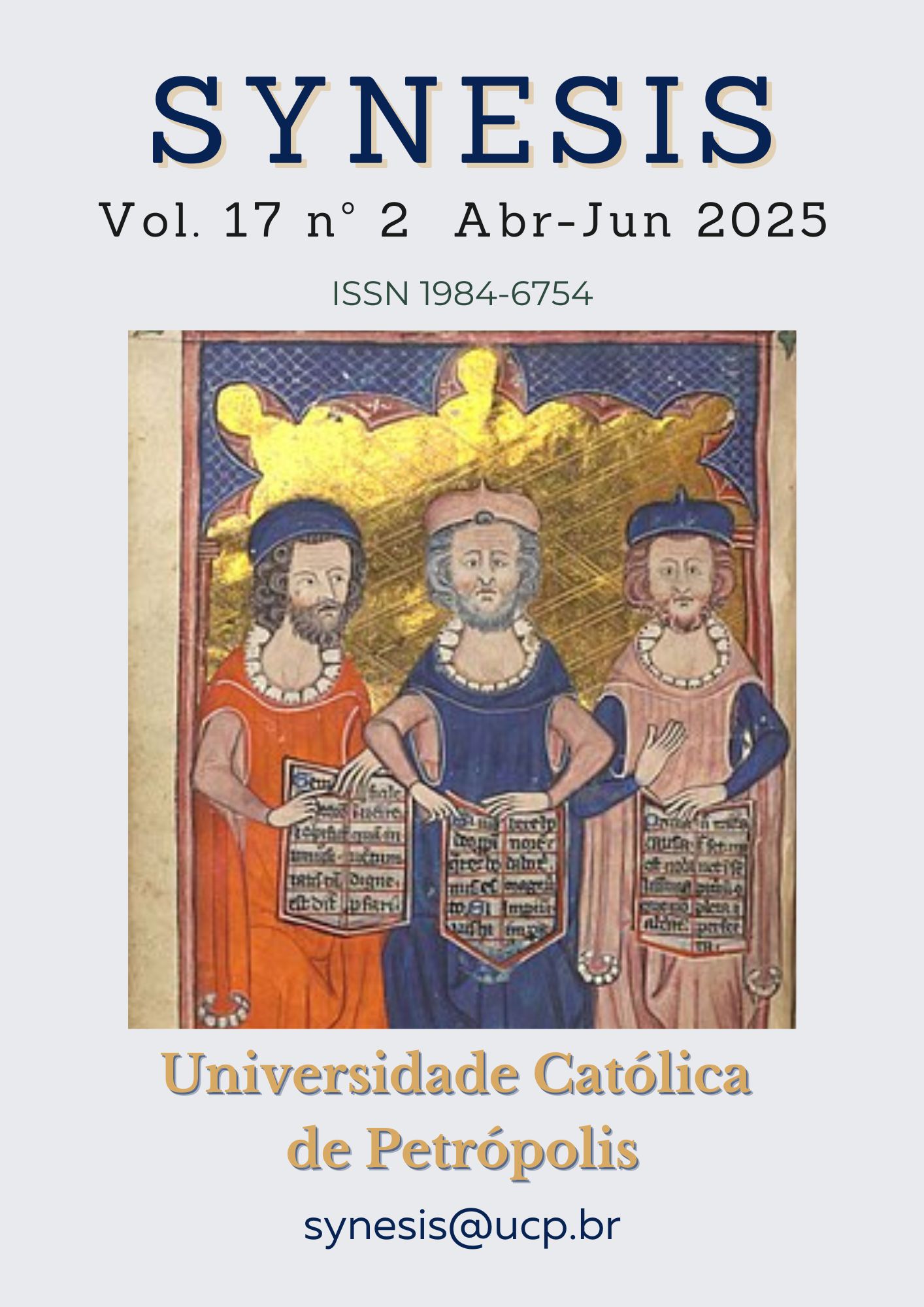Abstract
This article argues that Plato's political philosophy in the Republic is inseparable from his epistemology, using the Allegory of the Cave and the Divided Line as a framework to diagnose political decay. The ideal state, an aristocracy ruled by philosopher-kings, represents the pursuit of truth. However, this ideal is presented as contentious, with critics like Karl Popper identifying it as a "totalitarian" project designed to arrest all political change. The article examines the tension of the philosopher's compulsory return to the cave—a necessary but tragic duty to rule those in darkness. The decline through timocracy, oligarchy, and democracy is cast as a progressive retreat from reason, culminating in tyranny. This final stage is the ultimate enslavement to ignorance, which, as critics note, perversely mirrors the "closed society" of the ideal state in its most malignant form. Thus, Plato's work is analyzed not just as a utopia, but as a profound, and potentially dangerous, argument about the volatile relationship between knowledge and political power.
References
Annas, J. An introduction to Plato's Republic. New York: Oxford University Press, 1981.
Beere, J. The Best City in Plato's Republic: Is it Possible? Proceedings of the Aristotelian Society, v. 123, no. 2, p. 199-229, 2023.
Dorter, K. (2004). The Divided Line and the Structure of Plato's "Republic". History of Philosophy Quarterly, v. 21, no. 1, p. 1-20, 2004.
Fossati, M. Injustice and instability in Plato's Republic: The Case of the Timocracy and its Rulers. Classica, v. 36, no. 2, p. 55-70, 2023.
Klosko, G. The 'Straussian' Interpretation of Plato's "Republic". History of Political Thought, v. 7, no. 2, p. 275-293, 1986.
Kosman, A. Justice and Virtue: The Republic’s Inquiry into Proper Difference. In: Editor, Ferrari, G. R. F. The Cambridge Companion to Plato's Republic. New York: Cambridge University Press, 2007. p. 116-137.
Ludwig, P. W. Eros in the Republic. In: Editor, Ferrari, G. R. F. The Cambridge Companion to Plato's Republic. New York: Cambridge University Press, 2007. p. 202-231.
Østergaard, E. Echoes and Shadows: A Phenomenological Reconsideration of Plato's Cave Allegory. Phenomenology & Practice, v. 13, no. 1, p. 20-33, 2019.
Pappas, N. Routledge Philosophy Guidebook to Plato and the Republic, 2nd ed. London: Routledge, 2003.
Plato. Republic, (C.D.C. Reeve, Trans.). Indiana: Hackett Publishing Company, 2004.
Popper, K. R. The Open Society and its Enemies, Volume 1: The Spell of Plato. London: George Routledge & Sons, 1947.
Reeve, C. D. C. Philosopher-Kings: The Argument of Plato's Republic. Indianapolis: Hackett Publishing Company, 2006.
Saxonhouse, A. W. Democracy, Equality, and Eidê: A radical View from Book 8 of Plato's Republic. The American Political Science Review, v. 92, no. 2, p. 273-283, 1998.
Sedley, D. Philosophy, the Forms, and the Art of Ruling. In: Editor, Ferrari, G. R. F. The Cambridge Companion to Plato's Republic. New York: Cambridge University Press, 2007. p. 256-283.
Storey, D. The Soul-Turning Metaphor in Plato's Republic Book 7. Australasian Journal of Philosophy, v. 99, no. 1, p. 18-32, 2021.
Strauss, L. Seminar in Political Philosophy: Plato’s Republic. University of Chicago, 2014.
Voegelin, E. Order and History, Volume 3: Plato and Aristotle. D. Germino, Ed. Columbia: University of Missouri Press, 1999.
Weiss, R. Wise Guys and Smart Alecks in Republic 1 and 2. In: Editor, Ferrari, G. R. F. The Cambridge Companion to Plato's Republic. New York: Cambridge University Press, 2007. p. 90-116.
Wright, J. H. The Origin of Plato's Cave. Harvard Studies in Classical Philology, v. 17, p. 131-142, 1906.
Zamosc, G. The Political Significance of Plato's Allegory of the Cave. Ideas y Valores, v. 66, no. 165, 237-265, 2017.
Yunis, H. The Protreptic Rhetoric of the Republic. In: Editor, Ferrari, G. R. F. The Cambridge Companion to Plato's Republic. New York: Cambridge University Press, 2007. p. 1-26.
Zhi, Y., Wang, H., & Li, Y. The Dialectic Education of Philosopher King in the Republic. Proceedings of the International Conference on Global Politics and Socio-Humanities, v. 45, p. 165-168, 2023. Available at: https://doi.org/10.54254/2753-7048/45/20230410

This work is licensed under a Creative Commons Attribution-NonCommercial-NoDerivatives 4.0 International License.
Copyright (c) 2025 Synesis (ISSN 1984-6754)

